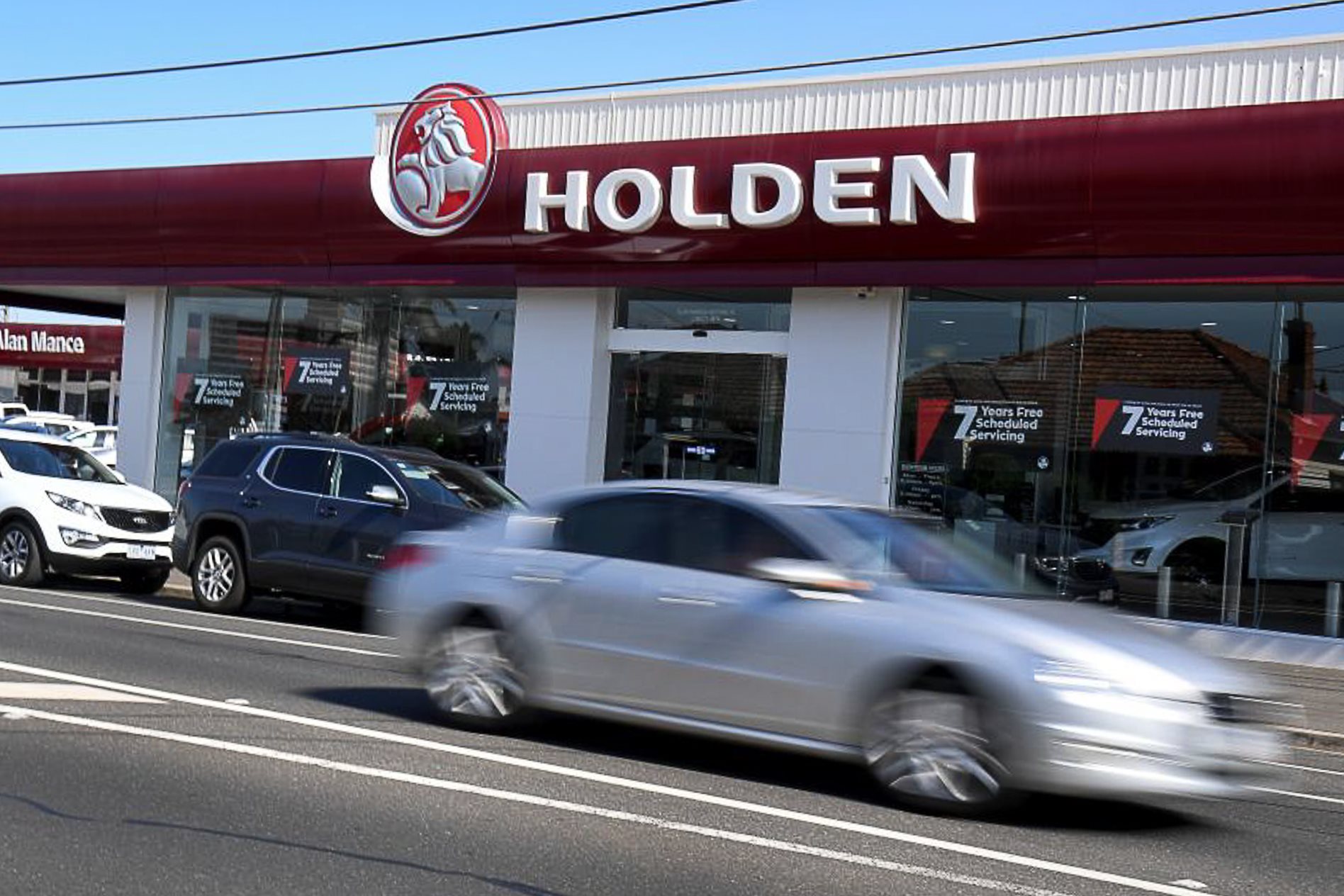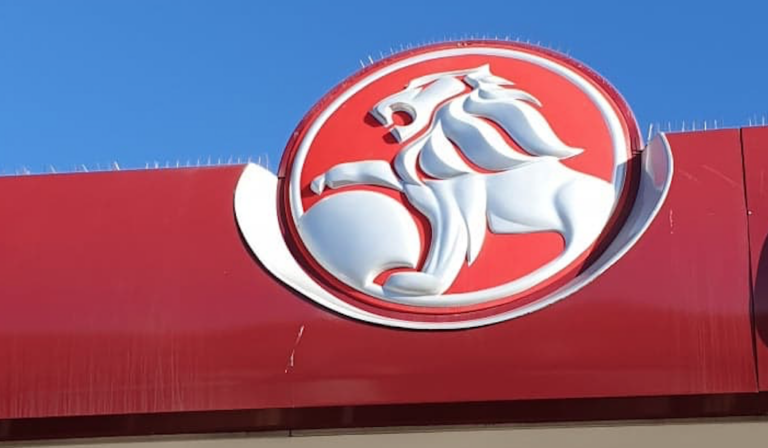Snapshot
- Standalone code being considered
- Mandatory binding arbitration also on the cards
- FCAI says consumers have been left out
New proposed franchising reforms affecting car dealerships, which could see a separate automotive code of conduct and dispute resolution system introduced, have divided the industry.
On Tuesday, the Federal Government released a new discussion paper outlining its plans to introduce a standalone code and mandatory binding arbitration.
While the changes have been welcomed by the Australian Automotive Dealer Association (AADA) for protecting dealerships, the Federal Chamber for Automotive Industries (FCAI) says the reforms don’t focus enough on consumers.

“The release of this discussion paper marks another significant step in reforming the imbalances that exist between dealers and some manufacturers,” said AADA CEO James Voortman.
“We believe this provides an opportunity for our industry to come together and build on the progress that has been made towards a fair and reasonable set of rules that govern relations.”
The fresh franchising reforms revealed today follow other revisions to regulations which came into effect on July 1 and June this year aimed at protecting dealers with their investments if a manufacturer decides to leave the local market – such as in the case of Holden’s departure from Australia.

Reforms to the current regulations were first floated when General Motors pulled Holden from the Australian market in February 2020, leaving dealers with next to no support.
Though an offer to over 184 Holden dealers of $1500-per-car was accepted by 120 franchises, the Australian Holden Dealer Council and AADA believed it was inadequate compensation to those who had been loyal to the iconic brand.
“The consideration of options for compulsory binding arbitration is such an important element of this process given the experience of Holden dealers in their dispute with General Motors. The prospect of a drawn out and costly legal battle resulted in most Holden dealers accepting inadequate compensation packages,” Voortman added.

“Even the request by the then Minister Michaelia Cash for General Motors to attend arbitration was flat out refused by the Detroit-based Manufacturer.
“You need only look at the Holden and Honda dealers who are currently involved in protracted court battles with their franchisors to understand why the current system favours larger multinational corporations over Australian businesses,” Mr Voortman said.
The recent reforms also come at the same time as some carmakers are making the switch to a fixed-price model for new car sales – with Honda doing so as of July 1 this year and Mercedes-Benz due to follow suit from January 2022.
Asked if the court proceedings referred to by the AADA involved the change to fixed-price sales, Honda said it was unable to comment on any legal action.
“Honda Australia is supportive of the role of the Federal Government in ensuring fairness for consumers and participants in the automotive industry,” a spokesperson added.
But the FCAI contends one very important consideration is missing from the discussion paper outlined today – the consumer. The industry body said that in its present state, the proposal risks putting the interests of one component of the supply chain over Australian families by over-regulating the market.
“The ink is not yet dry far reaching industry regulations introduced last month. Their impact needs to be seen before more regulations are contemplated,” said FCAI Chief Executive Tony Weber.

“The Government describes its franchising reforms as having already delivered ‘big wins’ to dealers, but where there’s a winner there’s also a loser – and in this case it’s the Australian consumer.
“Automotive franchising is a consumer issue, not an industry protection issue. It should focus on providing consumer choice – not dealer protection at the expense of all others. Regulation should encourage innovation and flexibility for business, not leave it anchored in the last century.”
Weber said Australia already has extensive competition and franchising regulations and any further regulation would stifle the industry’s capacity to innovate to meet the changing needs of the Australian consumer.
“Over-regulation will not protect the industry but what will is a choice of sales models, better service and competitive pricing.”
The new paper also flags extending the automotive franchising regulations which have been put in place over the past year to cover other categories of vehicle dealers – such as trucks and motorcycles.
According to the document, a post-implementation review of the most recent amendments must be completed by mid-2023, and a review of the wider Franchising Code must happen before April 2025 – following which it will consider if the reforms have been effective and if further changes are needed.
We recommend
-
 News
NewsReforms to Australian automotive franchising praised by industry
Peak body for Australian car dealers hails new franchise reforms to stop a repeat of Holden situation
-
 News
NewsHolden dealers question GMSV's legality
Holden dealers want answers into why GM can form a new company so soon after killing off the Holden brand
-
 News
News"Sad day" for Holden as dealer dispute reaches uneasy conclusion
Most - but not all - Holden dealers sign GM's original offer of compensation for Australian dealerships






